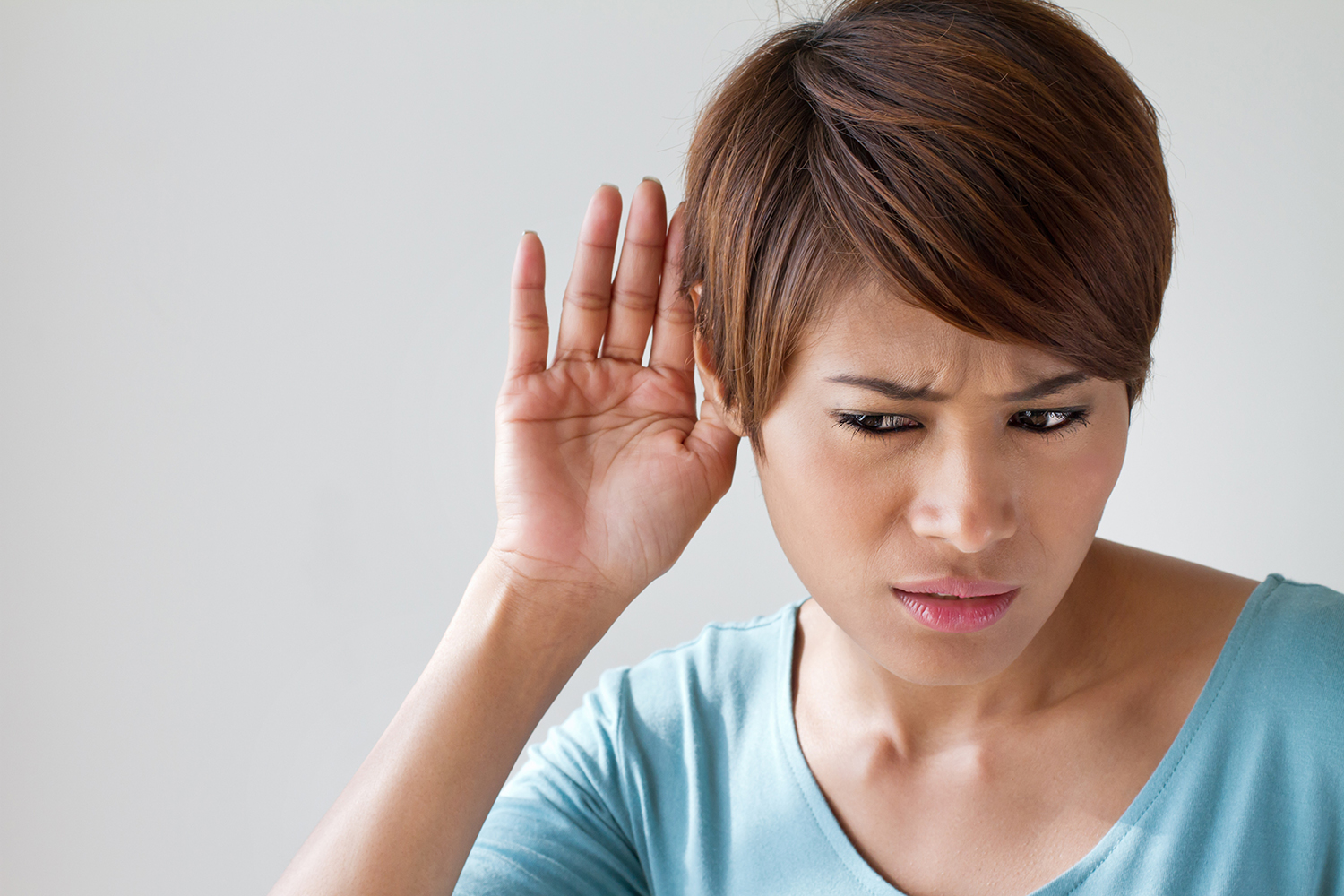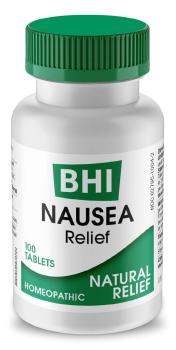Hearing loss affects some 13 percent of adults over the age of 18, according to the National Interview Health Survey. That figure doubles in people aged 65 and older. Unfortunately, people typically wait a decade before they seek help with hearing loss. This delay can have serious health ramifications. Hearing loss has been linked to falls, depression, and even dementia.
Causes of Hearing Loss
Sometimes mistaken for dementia (and in the very young, for autism), hearing loss in adults has many causes, including:
- the effects of aging on the ear
- hypertension (high blood pressure)
- ear damage from loud noise, illness, or infection
- some prescription medications
- inherited disorders
Turn Down the Volume to Protect Hearing
It may be from years on the job in a loud environment or a one-evening blast of noise at a rock concert. Either way, once the tiny fibers in your ear become damaged, hearing loss results—and it’s permanent.
Whatever your age, there are actions you can take to protect your hearing. The audiology team at Johns Hopkins Medicine recommends the following:
- Have your hearing tested, so you have a baseline to work with later in life.
- Wear protective gear (earplugs, noise-abating headphones) when you’re in a noisy environment.
- Monitor the volume levels of your devices (TV, radio, smart phone, etc.). Turn the volume of your TV, for example, to the point where you don’t have to strain to hear a program—but not so high that you can hear it from another room.
Over the Counter Hearing Aids
In mid-August 2022, the US Food and Drug Administration (FDA) issued a new rule designed to “improve access to safe, effective, and affordable hearing aids for millions of Americans." FDA Commissioner Robert M. Califf, MD, said, “Hearing loss is a critical public health issue that affects the ability of millions of Americans to effectively communicate in their daily social interactions.”
The FDA noted that consumers aged 18 and older “with perceived mild to moderate hearing impairment [will be able] to purchase hearing aids directly from stores or online retailers without the need for a medical exam, prescription or a fitting adjustment by an audiologist.”
The rule for over-the-counter hearing aids went into effect in mid-October 2022, and consumers began to see them in retail and online outlets.





